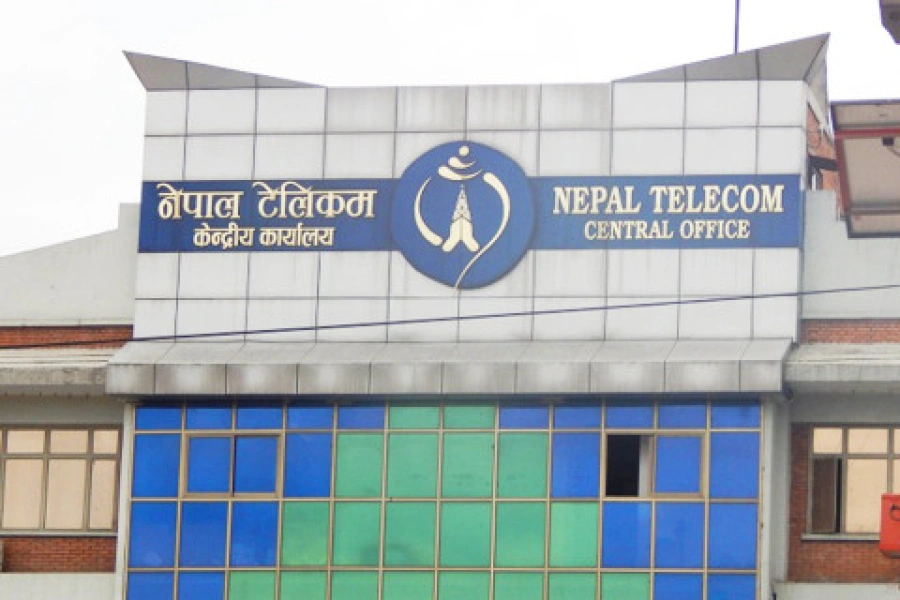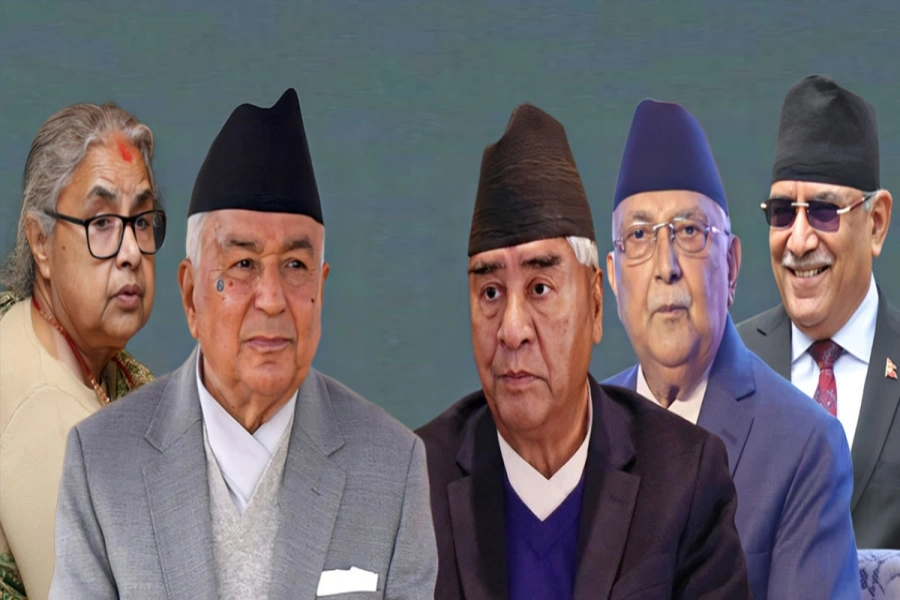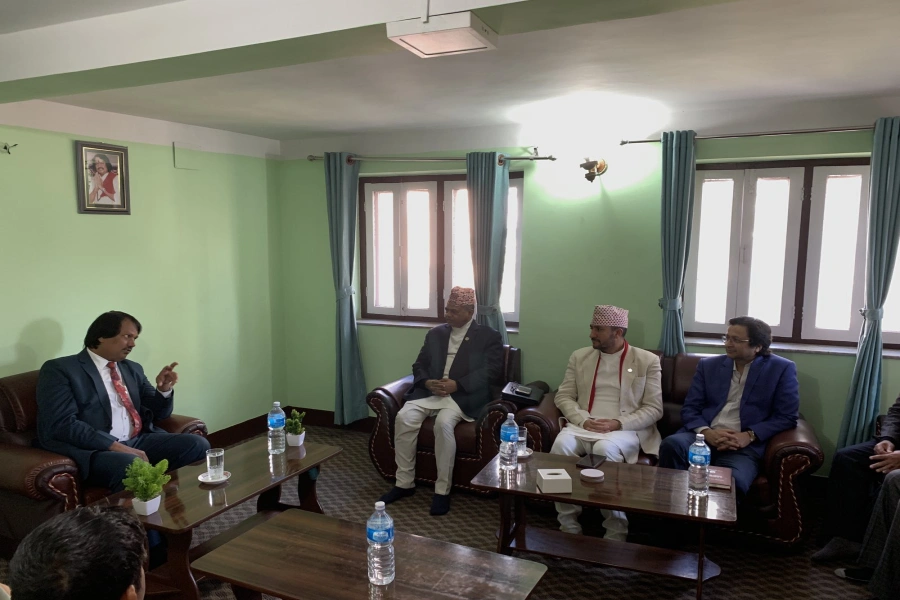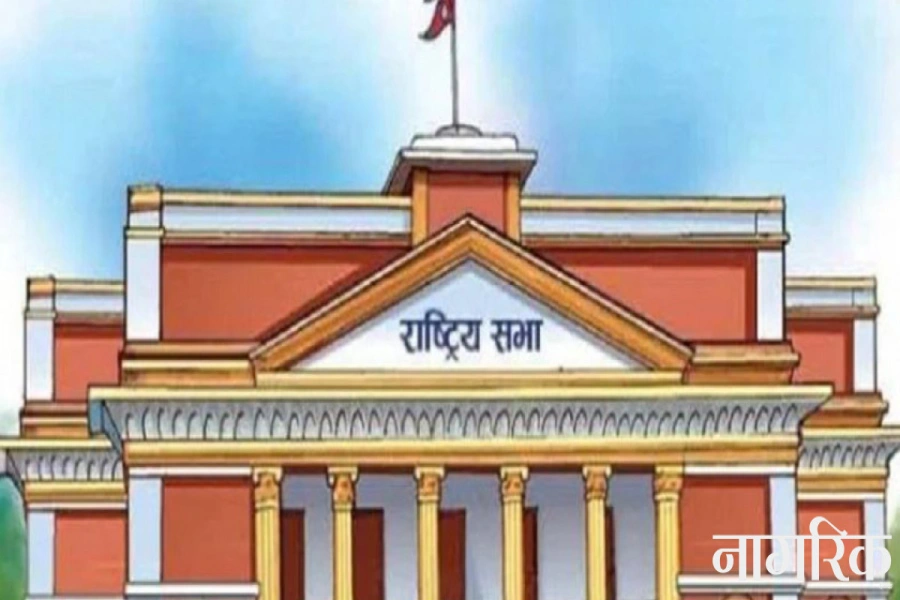THE STATE AND THE MARKET
A certain section of the business community sincerely believes that omitting the word liberalization in the preamble in the Act is an ideological deviation that paves the way towards state control of the economy. For some people, liberalization of the economy is a new mantra that has no interference of the government in the economy. In recent times, this perspective draws its inspiration from the famous Washington Consensus thesis that became the guiding lamp for many policies of the international financial institutions, notably the World Bank and the International Monetary Fund (IMF). However, during the last few years the meaning of the word liberalization is being redefined. Conventional perception of liberalization that viewed the government as an obstacle in the economic development process is being questioned. The issue is not about the relationship between the government and the private sector; the more important question is the nature of relationship between the government and the market.
A modern economy needs both the government and the market to function and they need not be viewed in an adverbial relationship. The challenge is to find a balance that creates a complimentary relationship between the two for high and sustained growth rate in income and output. It was the failure to understand this logic that led to the demise of the centralized economy of the then Soviet Union that viewed the market with hostility and refused to see its potential in efficient resource allocation. Again in a different way, it was also the weakness of the capitalist economies like the USA that viewed the market as a self correcting mechanism that should not draw the attention of the government especially in the financial sector. The result, as we all know now, is the famous sub prime crisis that dragged the whole world into recession, leading to a massive loss in employment, not experienced since the Great Depression of the 1930s.
The situation still remains difficult. One interesting outcome of this whole process is that the state has again become a major player in the financial system to the extent that even in a capitalist economy like the USA, the government became the largest shareholder, not just in the banking system, but also in the auto industry, even though its exit process is also in motion. But the essential point here is that, if state capitalism has proved to be a historic failure, in terms of efficient resource allocation, entrepreneurship and technical innovation in authoritarian countries, a gung ho capitalism with weak government regulation, especially in the financial sector, has also demonstrated its unsuitability for a liberal market economy aiming for dynamic stability. Therefore, what we write in the preamble of the Act has little consequence if the government is not able to implement policies conducive to competition. Transparency and accountability are the essential building blocks of a liberal market based economy.
The business community and the government in Nepal both swear by their commitment to liberalism, while in practice, cartelling monopoly exploitation in business and rent seeking in the bureaucracy remains the highlight of our economic system. We have syndicates and associations in different sectors of the economy and some of them are clearly involved in restricting competition. Yet there is still not an anti-monopoly law in place. When it comes to the government the situation remains disappointing. In the hydro-electric sector, for example, the decision makers in the ministry of water resources and Nepal Electricity Authority (NEA) are notable primarily as "rent collectors" for the top brass, rather than as decision makers seriously interested in the business of generating power to lubricate the industrial and agricultural sector of the nation. All this distortion has been going on and is even being taken as normal, while we harp on our commitment for a liberal economy at the top of our voice.
REGULATED LIBERALISM
Competition, which should be taken as one of the most important ingredients of a liberal economy, ironically, needs regulations for its existence. Liberalism needs regulations if it is not to transform itself over time into private monopoly that can generate negative externalities while ignoring public welfare. Karl Marx understood this dynamics more than anyone and used it as a basis for explaining contradictions in the capitalist system. However, capitalism has survived so far and continues to prove itself a vehicle of growth and innovation on an unprecedented scale. So far the political class that has used the capitalist system for sustained growth and wealth creation has shown the willingness and flexibility to smooth the rough edges of the system with help from the intellectual communities so that it does not confirm to the path outlined in traditional Marxist literature.
True believers of Marxian dialectics see this flexibility as a temporary palliative that can not change the "path dependence" logic inherent in the capitalist system. In our own country, we have a bunch of people who deeply believe in this logic and hope to transform Nepal into a unique Marxist-Maoist model that could serve as an example worthy of emulation by other countries in the 21st century. They draw their inspiration, concerning this belief, from Stalin, who they say was 70 percent correct (This figure was first mentioned by Mao and our local comrades have simply taken it as one more "holy gospel" to be accepted in faith).
Nevertheless, it is interesting to note that not only a democratic country like India, embedded once to Nehuruvian socialism, but also a one-party regime like China has embraced the tenets of capitalist liberalization as an instrument for new wealth creation with great success. Economic liberalization in both countries has generated prosperity but what is significant is that it is guided by regulations, most of them experimental and evolutionary, so that it does not follow the path dependence framework outlined by Marx in his analysis of capitalistic system. The institution of market is increasingly being used in resource mobilization and allocation so that the productivity of capital remains high. So the question for countries like Nepal is not whether to use the market or not; the basic issue is to use it in a way that does not lead to outright private monopoly, cartel formation and income inequality that the society cannot tolerate.
This is where regulations are needed to allow economic liberalism the chance to unleash a rate of growth that is sustainable at least for the next fifteen to twenty years, a time period that should be enough even for our country to achieve the status of a mid level income economy. Viewed in this perspective, there is no alternative to liberalism in Nepal but it should be regulated liberalism so that the economic system is able to harness the dynamism of capitalism while limiting its ever lurking side effects which can manifest in destructive agency relationship (for example, collusion among the government, the private sector and the bureaucracy to maximize rent at the cost of the people) and negative externalities. Therefore, in the preamble of the new Act for financial institutions we could express this spirit with the idea that Nepal will have a liberal mixed economy that will promote public-private partnership, including the promotion of cooperative sector wherever appropriate.
Writer is the co chairman of the Rastriya Janasakti Party
prakash_dr@hotmail.com
Is Nepal the winner of globalization?





































